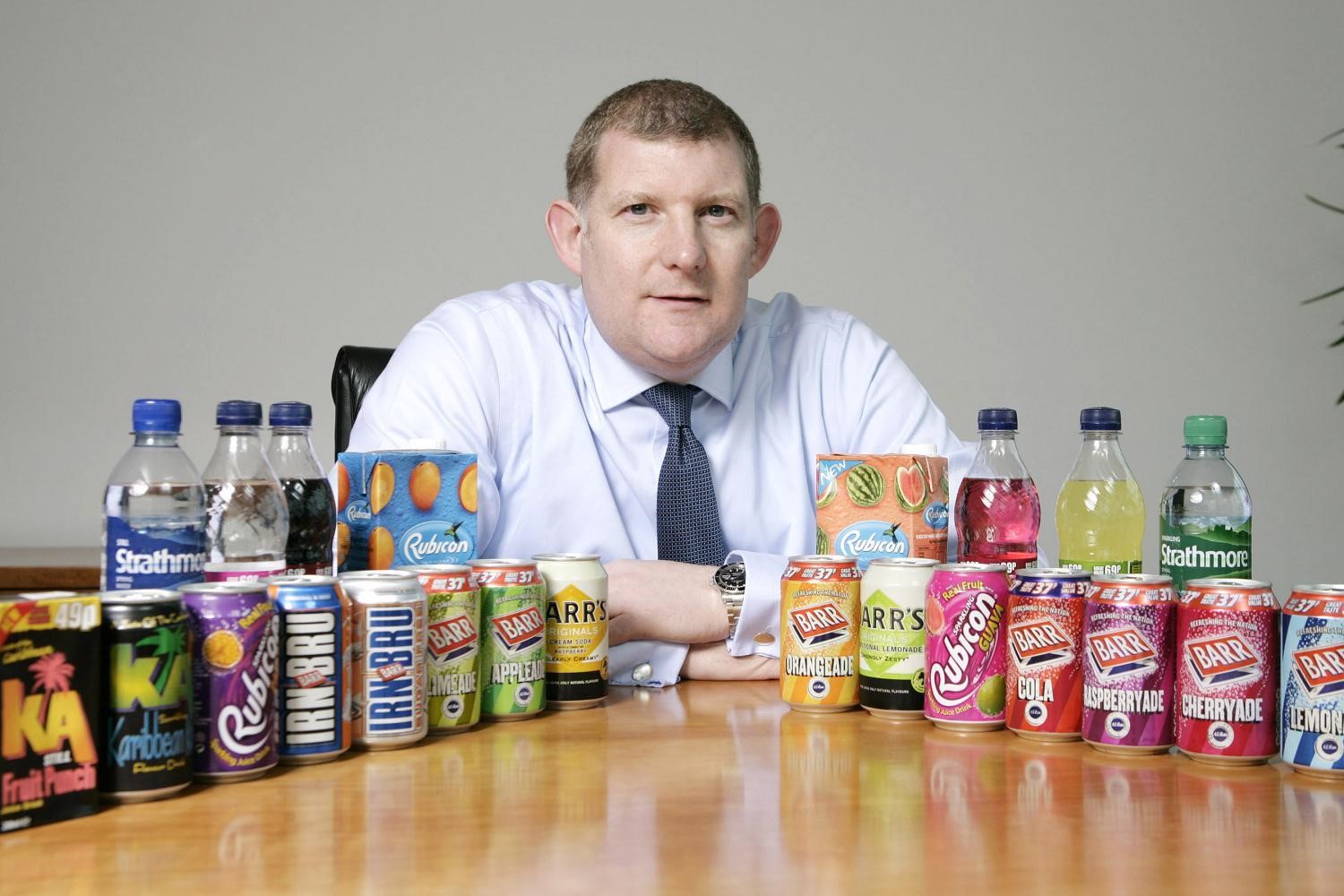

The CEO of AG Barr PLC, Roger White, has assessed that Scotland’s DRS is a “burden” that will drain “multiple millions” from the company but has no other way out than following the law.

Mr White talked about his company that produces one of the UK’s most famous beverages, the Irn-Bru and the soft drink Rubicon. He seemed distressed that under this deposit return scheme, the company has to spend a fortune on packaging and distribution techniques against their will.
Starting from August, each beverage container either plastic or aluminium would be sold at an increased rate of 20p, which would be refundable once the bottles are returned to the designated retail outlets.
Many renowned beverage brands have already spent exponential amounts to prepare for Scotland’s DRS. AG Barr had recently formed a coalition with drinks manufacturers like Britvic and Coca-Cola to instigate the Scottish Government into adopting the scheme.
Mr White, while speaking to sources, revealed: “We do not know how [consumers] will respond, but we have taken a view on consumer behaviour and the costs associated with it.”
“We pay a producer fee – multiple millions – we have grossed it into operating costs,” White remarked.
When he was told that the Innis & Gunn founder Dougal Sharp has referred to these incursions as “extortion”, Mr White calmly replied: “It is the law.”
He elaborated: “There are challenges to overcome, but we have that with all regulations. We have to change all our packaging. It is not a question of whether I am happy about that… I have to run a business and follow the law of the land.”
Other related organisations have also spent huge sums to develop an infrastructure equipped enough for the DRS launch in August.
Biffa, the company responsible for collecting, storing and separating the recyclable contents dropped in by users, has deliberately planned to employ an additional 500 heads to smoothly run the DRS.
An associate from the enterprise commented: “We’re also investing £80 million on infrastructure, including opening processing centres in Motherwell, Aberdeen, Thurso, Inverness, Dundee and Grangemouth to count, sort and bale the plastic, glass and aluminium drinks containers collected through the scheme.”
“Work has already started on most of these sites and several counting machines have already been delivered,” as was confirmed by Biffa authorities.
The newly appointed First Minister of Scotland, Humza Yousaf, is facing backlash from the hospitability businesses and retailers who want him to either scrap the scheme or pause it until the related functionalities are sorted first-hand.
Mr Yousaf spoke during the SNP leadership campaign saying that the Government will give a one-year exemption to the small businesses around the area before they can completely adapt to the consequences of the scheme.
The Federation of Small Businesses is extremely sceptical about Scotland’s DRS plan and claims it would bring in more harm than opportunities.
Ruth McIlroy of FSB Scotland exclaimed: “We have reservations. When people return their bottles, they are likely to continue to do their shopping at that store. But if these stores are exempt, it will mean those people will go to the bigger businesses.”
Lorna Slater, the Green Minister accountable for the DRS project in Scotland, assured the small businesses of secured participation in the scheme.
The CEO of Circularity Scotland, David Harris confessed to Holyrood’s Net Zero Committee, saying: “Time is not on our side. The sooner decisions are made, and we can deal with certainty and plan accordingly, the better.”



Responses






